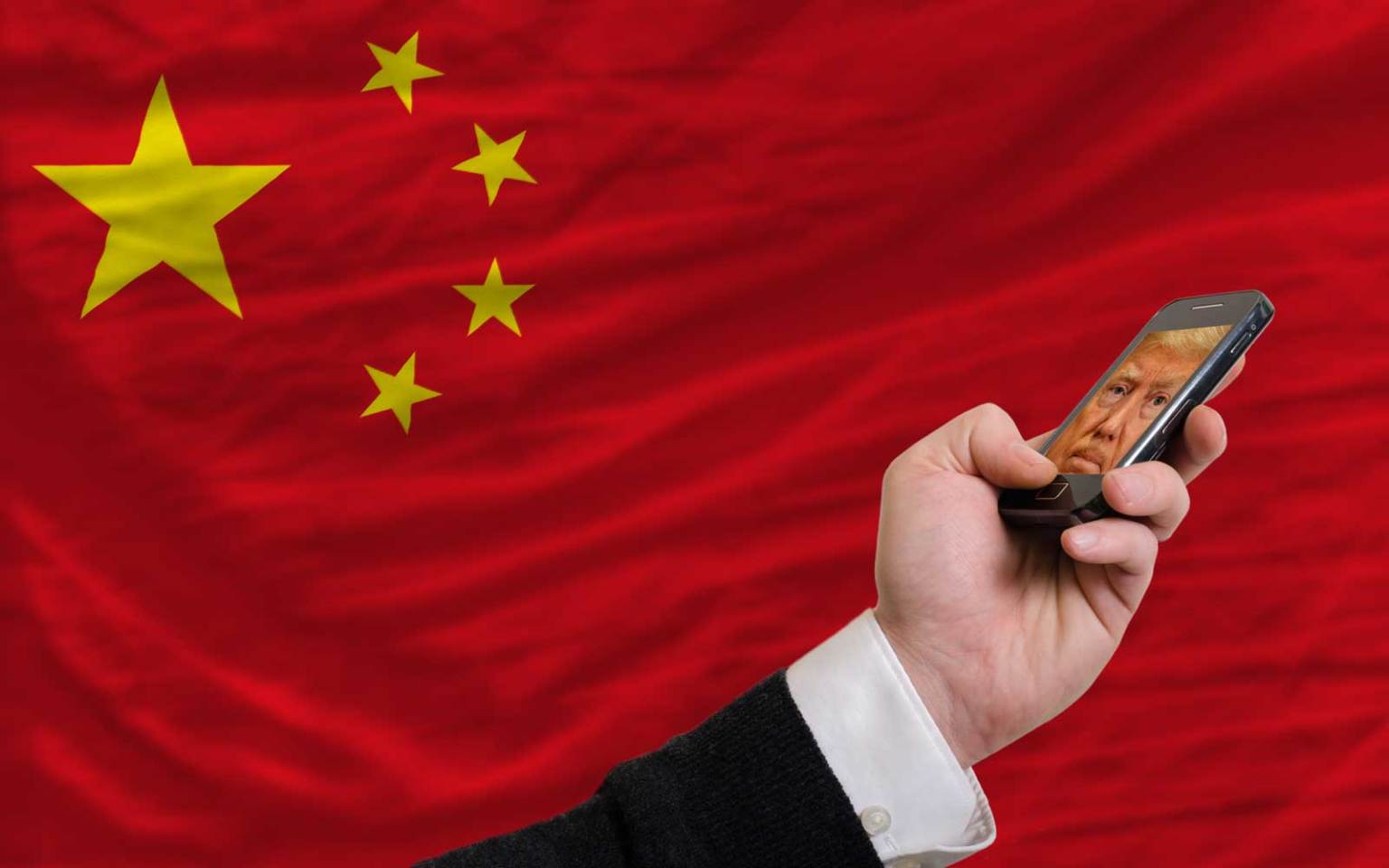An influential US Senate subcommittee, the Permanent Subcommittee on Investigations, has issued a strongly negative report about Chinese telecoms operating in the United States. While the subcommittee stopped short of saying the Chinese telecom companies should be removed from the US telecoms market, the report is tilted strongly in that direction.
China’s telecom companies in the United States are in trouble, and one of them, China Mobile International, has already had its license pulled by the US Federal Communications Commission.
The report, titled “Threats to US Networks: Oversight of Chinese Government Owned Carriers,” reflects not only the subcommittee’s position, but both the prevailing views of the US Congress and the Trump administration.
The current chairman of the subcommittee is Republican Senator Rob Portman of Ohio. He previously served as the 14th US trade representative and the 35th director of the Office of Management and Budget. The ranking member of the subcommittee is Democrat Tom Carper of Delaware, who had served in the House of Representatives and as governor of the State of Delaware. Before starting a political career, Carper was a US Navy flight officer, serving three tours of duty in Southeast Asia during the Vietnam War, and continued to serve in the Naval Reserve as a P-3 aircraft mission commander until retiring with the rank of captain in 1991 after 23 years of military service.
The Permanent Committee on Investigations has been one of the Senate’s premier organizations. Originally set up in 1948 to replace the War Investigating Committee headed by then-Senator Harry Truman, it has had a variety of tough leaders including the now notorious Joseph McCarthy (subsequently censured by the US Senate) and hawkish Democratic Senator Henry (“Scoop”) Jackson of Washington. Important past members of the subcommittee include Richard Nixon, who became the 37th US president and subcommittee general counsel Robert Kennedy, who served under his brother President John F Kennedy as US attorney general.
Reciprocal access
The report argues that the Chinese government “exercises control over China’s telecommunications industry and carriers.” It stresses that while China has access to the US telecommunications market, the same is not true for US operators in China. “China does not provide US telecommunications companies reciprocal access to the Chinese market and requires foreign carriers seeking to operate in China to enter into joint ventures with Chinese companies. These joint ventures often require US companies to give their technology, proprietary know-how, and intellectual property to their Chinese partners.” In the two decades since China acceded to the World Trade Organization, “not a single foreign firm has succeeded in establishing a new joint venture” to access China’s basic telecommunications services market,” the report says.
In the United States telecom companies are regulated by the Federal Communications Commission (FCC). The FCC is an independent US government agency establish in 1934. It has five members, three Republicans and two Democrats. The term of office is five years.
Only one Chinese telecom has lost its FCC license. In May 2019, the FCC denied China Mobile International (USA) Inc (China Mobile USA) the authority to provide international telecommunications services between the United States and foreign locations. The FCC decision was based on potential threats to US national security, finding China Mobile USA was “”subject to exploitation, influence, and control by the Chinese government.” The FCC review said that China Mobile USA could gain access to US networks through interconnection arrangements with US carriers; and due to its Chinese government control and access to US critical infrastructure, China Mobile USA could help the Chinese government in its cyber and economic espionage or other malicious activities.
Limited oversight
Other Chinese telecom outfits operating in the United States include China Unicom and a smaller state-affiliated provider, ComNet (USA) LLC. In the view of the subcommittee, the activities of these telecoms in the United States have not been effectively monitored by the FCC. Until this year, an informal organization in the Executive Branch known as Team Telecom supported the FCC in its oversight activities. Team Telecom included representatives from the Departments of Defense, Homeland Security and Justice.
According to the report, Team Telecom conducted limited oversight of Chinese state-owned carriers operating in the US, although it did attempt to mitigate some of the Chinese company’s activities. “Team Telecom entered into security agreements with China Telecom Americas (2007) and ComNet (2009), but it exercised minimal oversight over those entities until recently,” says the report.
In April 2020, President Trump signed Executive Order 13913, which replaced Team Telecom with a new oversight organization called the Committee for the Assessment of Foreign Participation in the United States Telecommunications Services Sector (Committee). Order 13913’s primary objective is to assist the FCC in reviewing national security and law enforcement concerns that may be raised by foreign participation in the United States telecommunications services sector. The new organization is instructed to “dismiss an application, deny an application, condition the grant of an application upon compliance with mitigation measures, modify a license with a condition of compliance with mitigation measures, or revoke a license” based on risks identified by the new committee.
The report proposes that the new Telecommunications Committee coordinate its actions with the US Committee on Foreign Investment of the United States (CFIUS). The CFIUS is an inter-agency organization headed by the Treasury Department. It includes representatives from the major agencies including the CIA and the National Security Council. Whether this proposal will be accepted is not clear.
The report also strongly proposes that Congress authorize the new committee through formal legislation, and set time limits for it to act on national security-related cases. The committee is concerned that Chinese telecom companies operated for years without any active oversight or any requirement that security reviews be conducted regularly.
There are other foreign telecom companies in the United States including T-Mobile. T-Mobile’s largest shareholder is the German telecommunications company Deutsche Telekom (DT) with a 43% share, with Japanese conglomerate holding company SoftBank Group partially owning the company with a 24% share. T-Mobile has recently merged with Sprint, a $26.5-billion merger. As a result of the merger, Sprint has been absorbed into T-Mobile. One of the key goals of the merger was to facilitate the implementation of T-Mobile’s 5G network in the United States. That merger was not without controversy.
The importance of the report, which is bipartisan, is its demonstration that the sentiment in the Congress, as well as in the administration is to take strong action against China’s telecom companies operating in the United States. It is likely that the other Chinese telecom companies will face national security-related investigations in the near future as relations with China continue on a downward spiral, just as Chinese companies selling or operating in the US are getting heavier scrutiny. Many, if not all of the report’s recommendations either already have been or will soon be adopted by the FCC and the Trump administration.
























